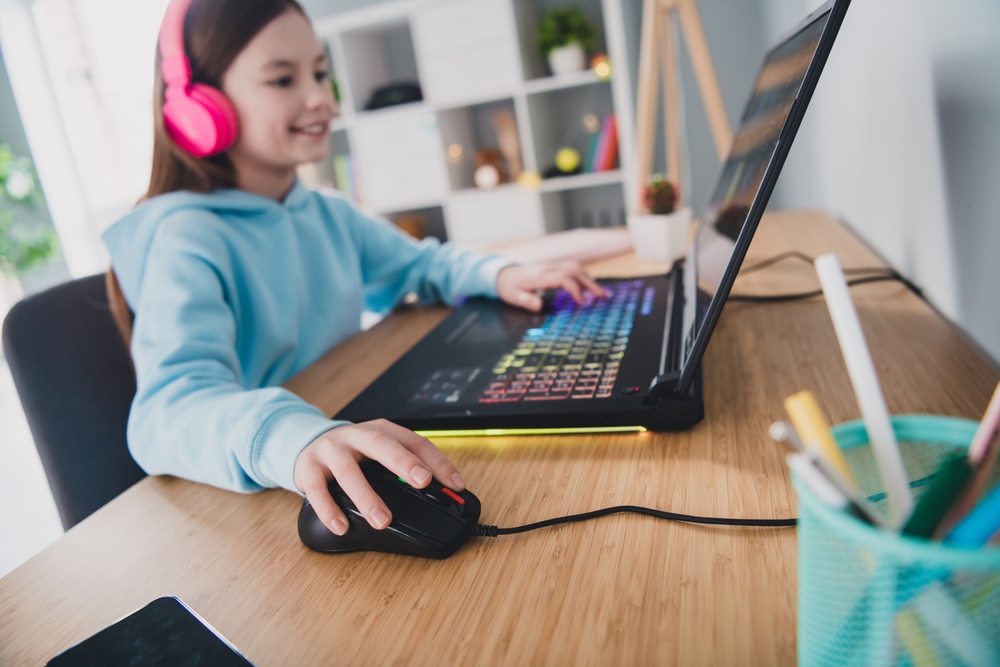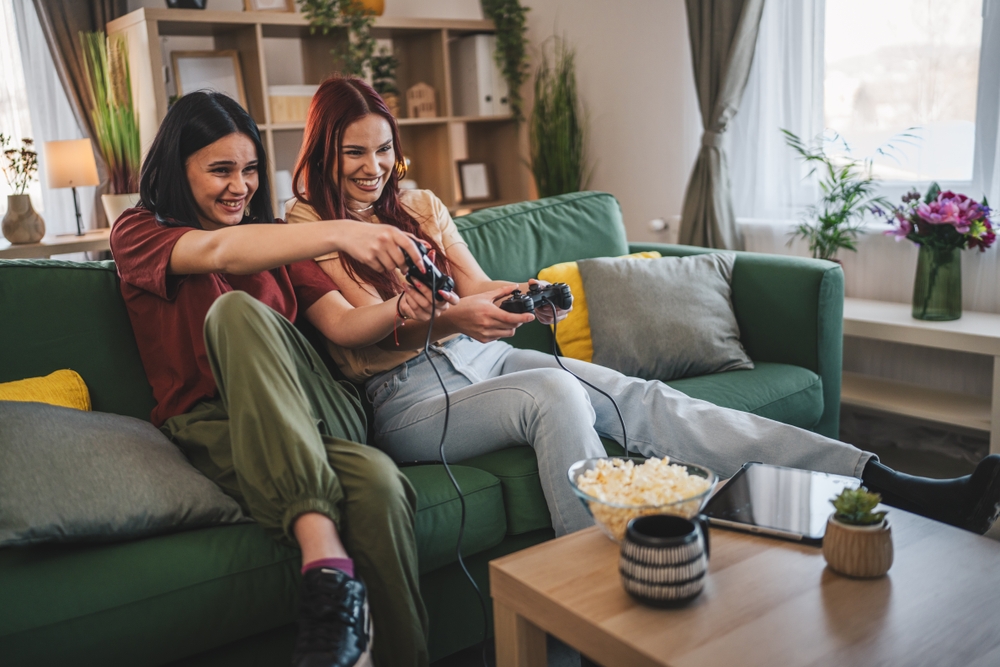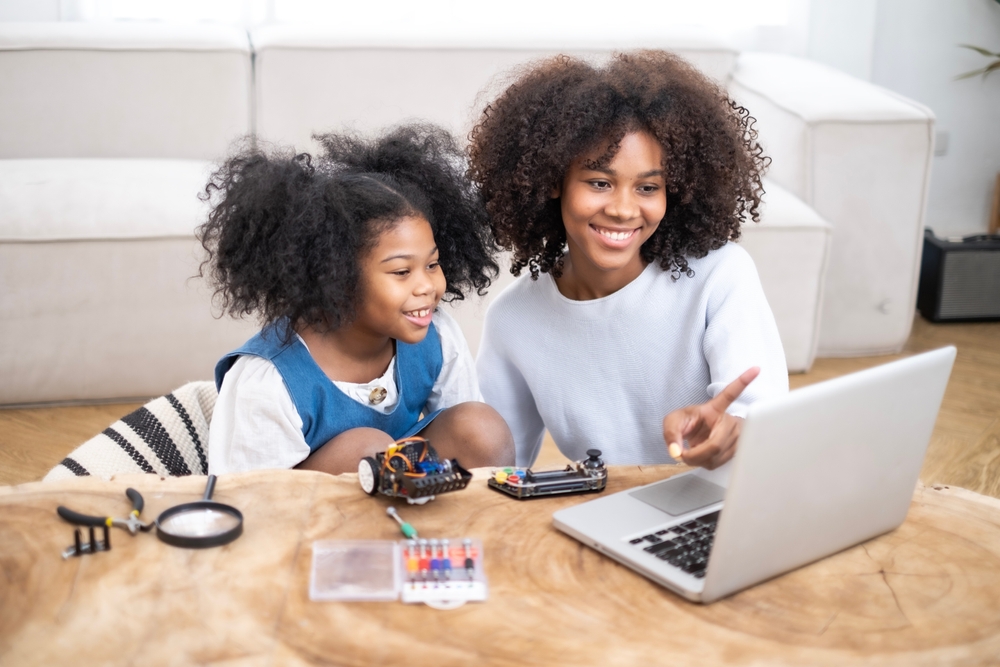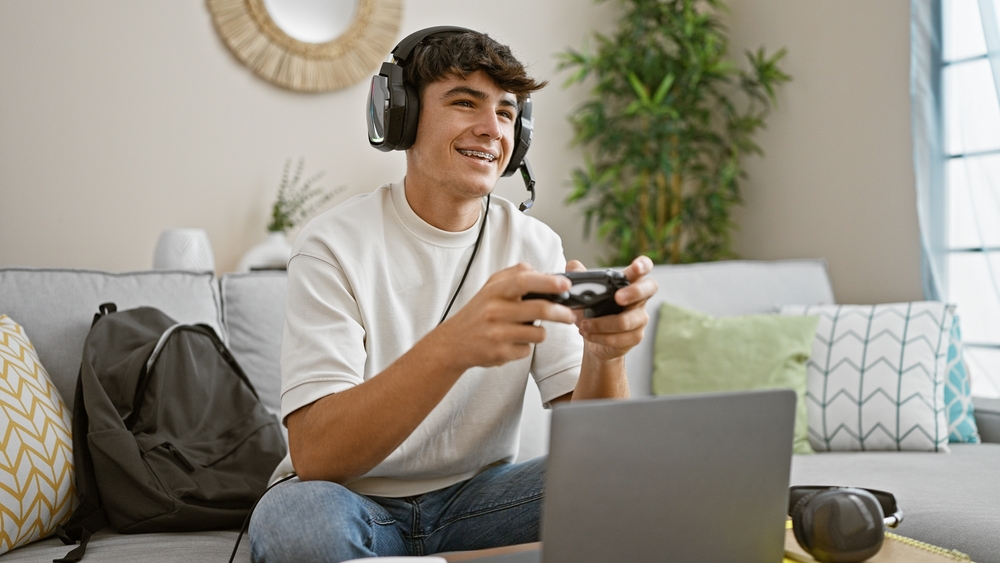If you are a parent, you have no doubt wondered about the impact of video games on your children’s brains. With the continuous growth of video game popularity over the generations, it is important to ask yourself—are video games helping or hurting kids’ memory skills, and do you need to take action, or not?
Memory is a complicated function, and it can be affected by many different things in our day-to-day life, genetics, and more. However, if there is something that we can do to help this function in ourselves and our children, it is imperative that we do it. So, what role do video games play on memory?
Want to learn more? Visit our blogs exploring the impact of fasting during Ramadan and how to stay productive or manage exams in school during this time. Alternatively, check out our blogs on bed rotting, why your child won’t get out of bed, the impact of doomscrolling and negative news, and the doomscrolling loop, and the impact of passive habits on the brain.
How Do Video Games Affect the Brain?

Video games have the ability to impact many areas of the brain, and these effects can be long-lasting. From problem-solving and attention to memory, this popular hobby can have a positive effect, even when the games are no longer played. However, different types of games can have different results, with some having a stronger impact on parts of the brain than others.
According to a recent study, puzzle games activate the visual-spatial processing area, impact activity in the frontal area, and functional connectivity change, which has been linked to improved function. Rhythm games also activate the visuospatial working memory, and also affect emotional, and attention areas of the brain to impact mood, attention, and memory.
First-person shooters (FPS) have been shown to affect the structure of the amygdala and hippocampus (alertness and 3D navigation in-game, respectively), while general strategy games affect dorsolateral prefrontal cortex (DLPFC) activity. Reduced activity of the DLPFC is used in working memory function for information manipulation and problem-solving—this reduced brain activity is also associated with brain training, efficiency, and divergent thinking.
Can Video Games Improve Children’s Memory?
Video games can absolutely help to improve children’s memories, and they have even been shown to be very effective in older populations, too. 3D games in particular have been shown to boost memory more than their 2D counterparts, too, highlighting the importance once again of choosing the right kind of game if you are hoping for specific results.
While playing video games, key areas of the brain get activated and ‘exercised’. The increased grey matter of the hippocampus, DLPFC, and cerebellum are associated with better performance in reference and working memory.
However, memory isn’t the only other thing that has been proven to be improved by video games, so it’s important for gamers and parents alike to also be aware of the potential for pattern recognition and multitasking to improve with gaming. Pattern recognition can be developed depending on the type of video game, and multitasking can be improved in action games and more.
So, the answer to the age-old question of ‘are video games helping or hurting kids’ memory skills’ suggests that this hobby can be a fantastic way of boosting memory and other cognitive functions—but, like anything, there are always downsides to consider.
What Are the Negative Effects of Too Much Gaming?

Like anything, too much of a good thing can be detrimental one way or another, and video games are no different. Although games can boost memory and aid positively impact other cognitive functions like pattern recognition, attention, multitasking, and more, there are key downsides to consider—particularly for overexposure.
Overexposure to video games and video game addiction can become a serious problem, and can impact everyday life. From problems at home and in school, and problems maintaining friendships, there are always concerns to address when considering the question, ‘are video games helping or hurting kids’ memory skills’ — because so much more goes into it.
Signs of video game addiction might include:
- Always thinking about video games
- Constantly wanting/needing to play video games
- Restlessness or irritability when not playing
- Under-reporting the time spent playing video games
- Playing video games in secret
- Headaches and tiredness from too much screen time
- Hand pain from controller or extended keyboard use
- Failing to or not wanting to pay attention to personal hygiene
- Isolation or not seeing friends often
- Spending all their time playing video games
- Not wanting to go to school or work to play games
- Difficulty falling asleep or staying asleep
- Restless sleep, with or without nightmares
How Does Screen Time Impact Memory Retention?

When asking yourself, ‘are video games helping or hurting kids’ memory skills’, it’s crucial that you assess all angles. While gaming can be beneficial for a number of cognitive processes, excessive screen time has been linked to reduced focus and reduced recall in children and even adults. Some studies have found that night screen time in particular was linked to lower cognitive scores and decreased working memory, highlighting the importance of setting up guidelines and routines to promote healthy brain function and cognitive habits early on.
It is also worth mentioning here that the reliance on digital devices to store information is a key reason why memory retention is overall worse in newer generations than it used to be. For those who want to try boosting memory skills, reducing the reliance on technology in this aspect could be a useful step to take where it is appropriate.
Are Brain Training Games Better Than Entertainment Games?
Both recreational and educational games can be beneficial for improving memory, but brain training programs, like the ones we offer here at The Brain Workshop, have been proven in this area. Studies have shown that brain training games for kids and educational games can improve working memory and improve performance in cognitive tasks—and these games are more structured, and therefore easier to monitor and track.
It’s important to have fun and allow children (and adults) to enjoy playing video games, and educational games do not need to replace recreational ones. However, keep in mind that both game styles have benefits, with educational ones being more targeted to improve cognitive growth and development.
How Can Parents Balance Gaming and Brain Development?
Considering the link between video games and memory, as well as the correlation between screen time and memory loss, it is crucial that parents implement rules and routines that work for their households. The benefits of gaming for children are fantastic, but the risks mean that healthy gaming schedules need to be followed, and these recreational games should not be treated as ‘brain training’.
Below are some suggestions for finding balance in video gaming:
- Set ‘gaming hours’
- Enforce moderation
- Encourage off-screen activities
- Encourage physical activities (e.g. sports)
Finding the Right Balance for Better Memory With The Brain Workshop

Playing video games can be beneficial or detrimental to anyone, but the key is moderation and being mindful of the types of games that are played. As highlighted by studies, different kinds of games activate different parts of the brain, and many of these games can help to improve working memory.
If you want certainty that memory will be improved when playing video games, guided brain training is key. At The Brain Workshop, we have dedicated ourselves to understanding exactly what is needed to do just this, and our brain training programs are the perfect solution.
So, are video games helping or hurting kids’ memory skills? The key is finding the right ones and moderation. Want to support and improve your child’s memory? Explore our cognitive assessment at The Brain Workshop and book now for child-focused memory training programs to support healthy brain development.
Learn more about us at The Brain Workshop, meet our team, check our events, or even read our FAQ.






